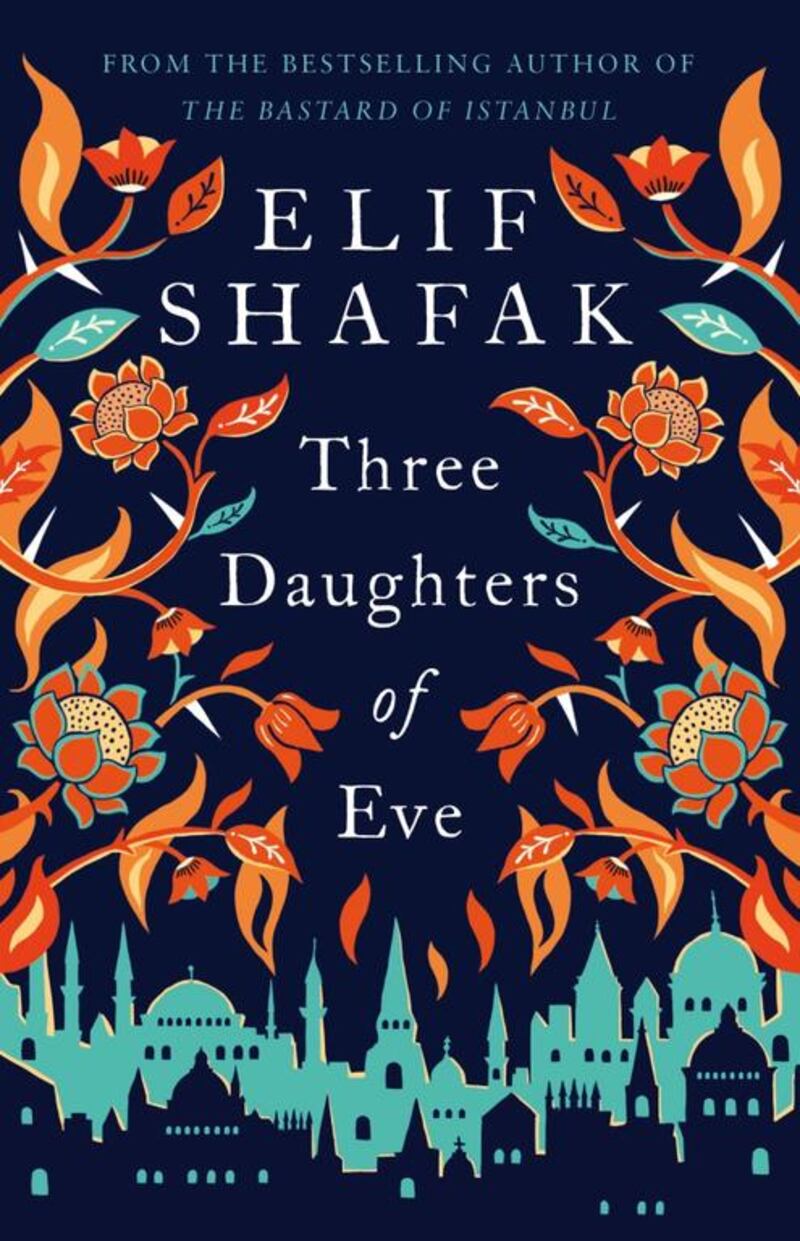This week I've read two new fictional works, both of which speak directly to the world today: Vietnamese-American author Viet Thanh Nguyen's short-story collection, The Refugees; and Turkish writer Elif Shafak's new novel, Three Daughters of Eve.
The Refugees, with its moving depiction of the immigrant experience in the United States, should be compulsory reading for anyone in favour of US president Donald Trump's attempts at a refugee ban; while Three Daughters of Eve, in its efforts to speak to the broader ideological concerns that underlie this pernicious anti-Muslim hate-filled rhetoric, is a text to linger over. It's a novel of ideas – sometimes to the detriment of its story – that advocates replacing dogma with doubt.
Opening in modern-day Istanbul – “a bloated goldfish, unaware of having gobbled more than it could digest, still searching around for more to eat” – Peri, a wealthy housewife and mother, is on her way to a dinner party at a seaside mansion. An altercation with a mugger leaves her out of sorts. In the course of their struggle a Polaroid snapshot, a “relic from a time long ago”, is shaken free from her handbag: a professor and three young female students outside the Bodleian Library in Oxford. Two narratives thus unspool: in the present, the performance of the dinner party – the small talk, the silent hovering servants, the polite but ultimately empty delight of fine food and wine, itself a delicious portrait of the contradictions and intolerances of the city’s bourgeoisie – fractiously rubbing up against Peri’s recollections of a buried episode in her past.
Peri grew up in Istanbul in the 1980s, in a home presided over by warring parents. Her mother is an increasingly strictly observant Muslim, her father, by contrast, a live-and-let-live Kemalist. In his eyes, his wife comes to embody “everything that he had always despised, loathed and confronted in the Middle East. The benightedness of the religious. The presumption that their ways were the best – only because they had been born into this culture and swallowed unquestionably whatever they had been taught”.
As far as she’s concerned, her husband speaks with the “arrogance of the secular modernists. The pompous and pretentious ease with which they placed themselves outside and above society, looking down on centuries-old traditions”. Equals only in the passion of their divergent beliefs, it’s stalemate, with Peri “stuck in between”; a model that continues in Oxford, where she finds herself caught in the middle of her housemates: the Iranian-born ardent non-believer, Shiri, “short skirt, high heels, heavy make-up”; and Mona, a hijab-wearing devout Muslim feminist.
Each woman – “the Sinner, the Believer and the Confused” – is a student of the illustrious Professor Azur, whose class on God leaves some students defeated and destroyed, others worship him. Peri’s naivety, combined with the build-up to her first meeting with the tutor, leaves readers in little doubt as to which of these categories she’ll fall. In the course of their association, something terrible happened, this much we know; for the details, we have to stay the course. Shafak lays her bait so appetisingly, it’s impossible to resist.
We’re given to believe that Azur’s not quite to be trusted, but all the same his is a voice of reason, demanding impressive open-mindedness from his students. Participating in a debate, he astutely explains, is like falling in love: “You are a different person by the time it comes to an end,” or you should be. How intriguing then that some of Shafak’s central characters fail to develop in the course of the narrative. Shiri and Mona are both rather one-dimensional stereotypes, and Azur is similarly deficient, his tragic backstory introduced too late in the game to have any real impact on how we view him, while actual evidence of his famous charisma (on which the plot hinges, so not without significance) is decidedly absent.
In spite of these flaws, I found myself firmly engrossed in Shafak’s tale, much more so than I’d anticipated. Her exploration of the challenges facing the “Muslimus modernus” are deft and thoughtful, and her ability to convey theological arguments without any of the density that can make them seem so scarily inaccessible is a rare and important skill in today’s fracturing world.
Lucy Scholes is a freelance journalist based in London.





